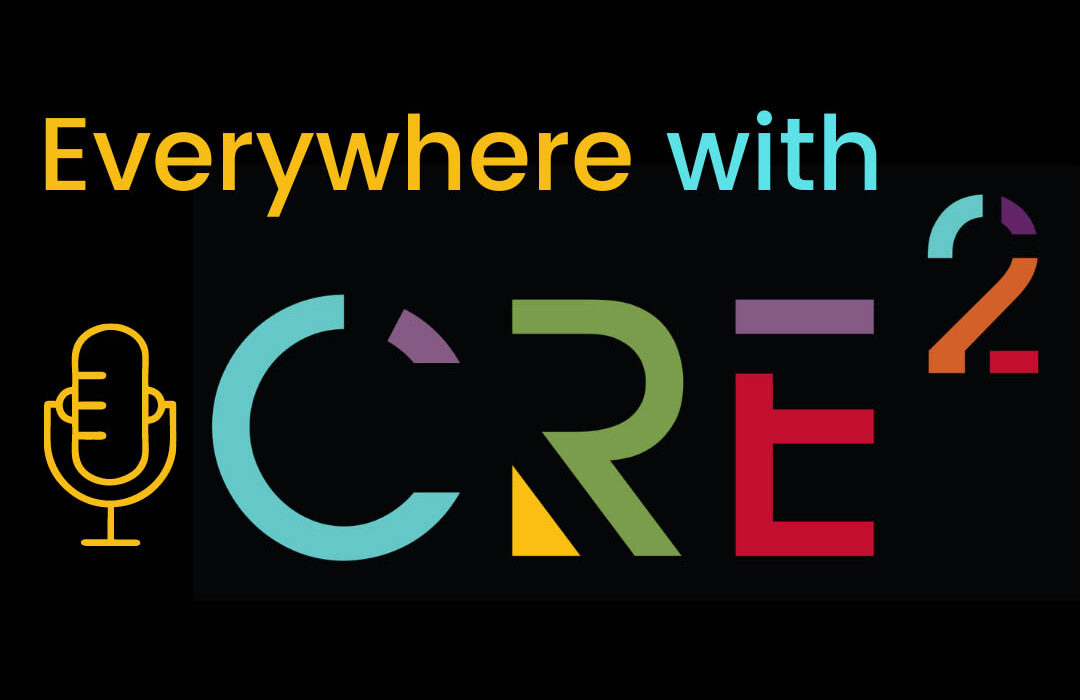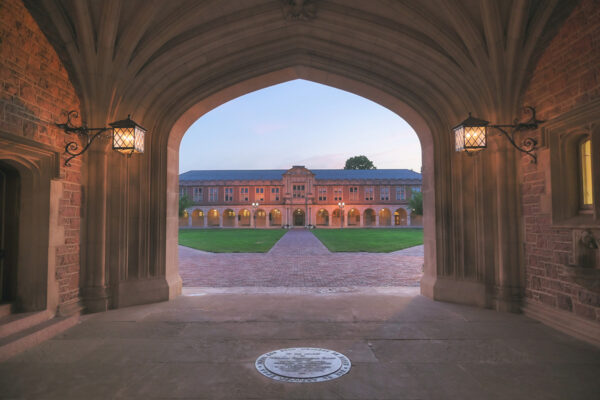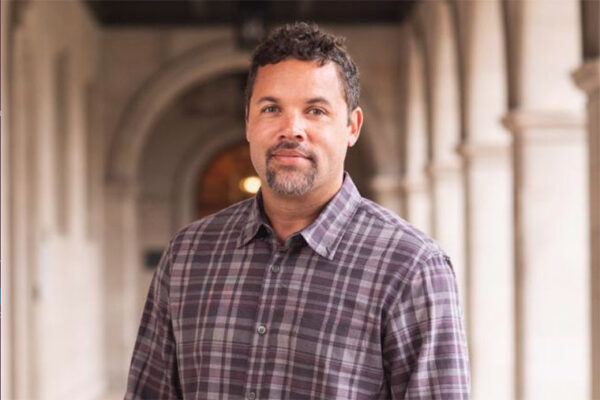The Center for the Study of Race, Ethnicity & Equity (CRE²) at Washington University in St. Louis has launched a new podcast, “Everywhere with CRE².” The podcast plans to explore research from center faculty and fellows and dive deep into issues affecting St. Louis and the world.
“These questions around race and ethnicity and equity really are everywhere regardless of where we are in the world,” said Billy Acree, CRE² co-director and professor of Spanish in Arts & Sciences.
In the debut episode, Acree, Hedwig Lee, CRE² co-director and professor of sociology in Arts & Sciences, and Adrienne Davis, CRE² founder and the William M. Van Cleve Professor of Law, trace the center’s origins to the aftermath of the killing of Michael Brown in 2014.
“We were all searching, individually and collectively, for what role Washington University should be playing.” Davis tells Acree and Lee. “We have all these stated values and commitments to justice and to diversity and to being a good St. Louis citizen. I think it was apparent to all of us, including then-Chancellor Mark Wrighton, that our actual commitments and actual landscape and community didn’t match our stated values and rhetoric and aspirations. So he invited me to lead a two-year commission on diversity and inclusion to really explore all the ways in which Washington University could aspire to become the university that we want to be.”
One of the commission’s many proposals was a race center, an idea endorsed by incoming Chancellor Andrew D. Martin.
“He said, ‘First, I want this truly to be universitywide. I want it to meaningfully include all of the schools,” Davis recalls for the episode. “And he said, ‘I want it to focus on research. I want to take what we are great at and bring that to bear on trying to tackle this set of problems.’ So I said, ‘We can do that.’”
In the following episode, to be released in November, Davis and Rebecca Wanzo, chair and professor of women, gender and sexuality studies and of American culture studies, both in Arts & Sciences, take a fresh look at critical race theory, a hot-button topic that has divided state legislatures, school boards and communities.
“There is no lack of stories about critical race theory, but they often are missing context,” Acree said. “Adrienne and Rebecca bring a global perspective to the conversation about why this is happening now and what’s at stake, especially in the context of schools. You have two really complementary perspectives — one from a legal scholar and one from a scholar of African American literature and culture and U.S. cultural studies.”
Future episodes will feature the voices of the center’s faculty and graduate fellows as well as interviews with community leaders.
“This is a podcast for everyone — people who are part of the university community and members of the public,” Acree said. “We’re really excited to show how robust research on race, ethnicity and equity can contribute to public knowledge and public conversations.”



